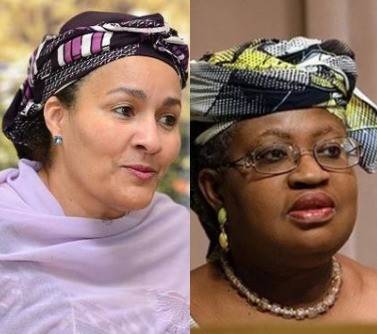On Africa Day 2024, the continent celebrates not just its rich heritage and promising future, but also the strides made by women transitioning from classrooms to boardrooms. Across Africa, women are taking the helm in various sectors, transforming economies and societies. This feature explores the pivotal role of education in shaping these leaders, the challenges they face, their remarkable successes, and strategies to bolster female leadership in Africa.
The Role of Education in Empowering Women Leaders
Education is the cornerstone of empowerment for women in Africa. From primary schools to universities, educational institutions have become breeding grounds for future leaders. Programs focused on STEM (Science, Technology, Engineering, and Mathematics) are particularly crucial, equipping women with skills necessary for leadership roles in tech-driven industries. Scholarships and mentorship programs are instrumental in bridging the gender gap in higher education, fostering a new generation of female leaders.
Challenges and Opportunities for Women in Leadership in Africa
Despite the progress, women in Africa still face significant barriers to leadership. Cultural norms, gender biases, and lack of access to resources hinder their advancement. However, these challenges also present opportunities. Grassroots movements and NGOs are actively working to dismantle these barriers, advocating for gender equality and women’s rights. Corporate and government initiatives are beginning to recognize the value of female leadership, implementing policies to support women’s advancement in the workplace.
Across Africa, numerous women have broken through the glass ceiling, leading with distinction in various fields:
- Ngozi Okonjo-Iweala: As the Director-General of the World Trade Organization, Okonjo-Iweala exemplifies global leadership. Her journey from Nigerian classrooms to international boardrooms showcases the power of education and determination.
- Dr. Amina J. Mohammed: Serving as the Deputy Secretary-General of the United Nations, Mohammed’s career is a testament to the impact of women in diplomacy and global governance.
- Rebecca Enonchong: Founder and CEO of AppsTech, Enonchong is a leading figure in Africa’s tech industry, advocating for innovation and entrepreneurship among women.
These leaders not only excel in their respective domains but also mentor and inspire the next generation of women leaders.
Strategies for Enhancing Female Leadership in Africa
To enhance female leadership, several strategies can be implemented:
- Inclusive Policies: Governments and organizations must adopt policies that promote gender equality, including affirmative action and gender-sensitive hiring practices.
- Mentorship Programs: Establishing mentorship networks can provide aspiring women leaders with the guidance and support needed to navigate their careers.
- Access to Capital: Women entrepreneurs often face challenges in securing funding. Financial institutions should develop products tailored to support women-led businesses.
- Education and Training: Continued investment in education and leadership training programs will ensure a steady pipeline of qualified female leaders.
- Awareness Campaigns: Public awareness campaigns can challenge cultural norms and gender stereotypes, fostering a more supportive environment for women leaders.
On this Africa Day 2024, it is essential to recognize and celebrate the incredible women who are leading the charge across the continent. Their journeys from classrooms to boardrooms illustrate the transformative power of education and the potential for a more inclusive and prosperous Africa. By addressing challenges and leveraging opportunities, Africa can continue to pave the way for women leaders, ensuring a brighter future for all.



